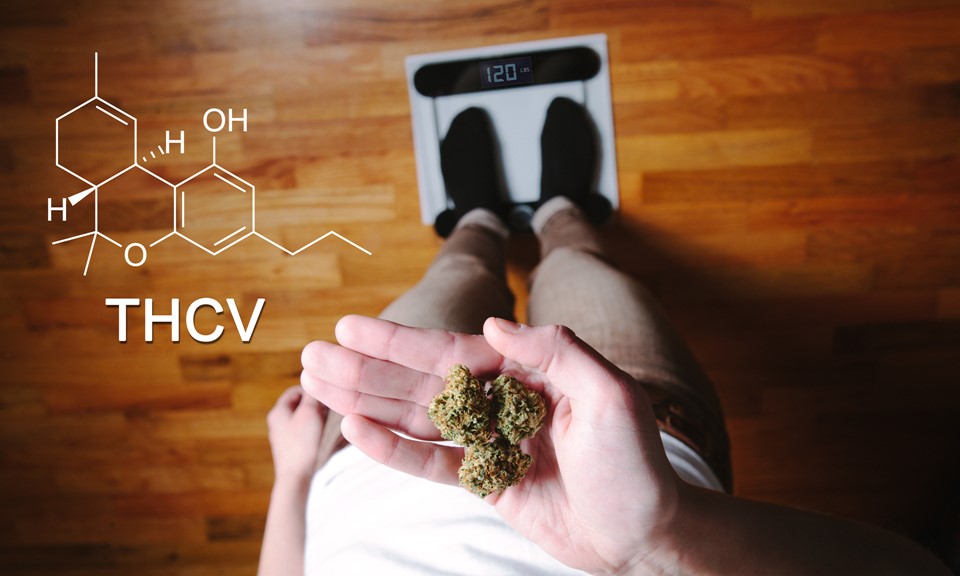Tetrahydrocannabivarin (THCV) is a cannabinoid substance found in cannabis and hemp plants. It's chemically comparable to tetrahydrocannabinol (THC) but with some key differences. Here's whatever you require to know about THCV including the risks, benefits, differences, and resemblances with other types of THC and more. What Is THCV? THCV is a less typical cannabinoid discovered in some stress of marijuana, specifically African sativa.
 What is THCv Cannabinoid Explained - leafipedia.net
What is THCv Cannabinoid Explained - leafipedia.net
 What Is THCV (Tetrahydrocannabivarin)? - CNBS
What Is THCV (Tetrahydrocannabivarin)? - CNBS
 What Is THCV and What Are the Benefits of This Cannabinoid?
What Is THCV and What Are the Benefits of This Cannabinoid?
THCV has a 3-carbon side chain rather than THC's 5-carbon side chain. This difference is subtle, but it has a noticeable effect on the effect profile. THCV is rather psychoactive however just about and about. What Does THCV Feel Like? THCV has a strong energy-boosting part to it, which makes it particularly popular amongst students and professional athletes.
In the United States, THCV policy is nuanced. THCV is not an Arrange I Drug, however cannabis extracts are making it rather ambiguous what the federal position is on THCV. The 2018 Farm Expense states that hemp plants and all derivatives of the plants are legal on a federal level, numerous companies abide by this law and still provide THCV to customers by just extracting the substance from hemp plants.
If THCV is thought about a THC analog, it might be controlled in the future by the very same rules as THC under the Federal Analog Act. This act states that any compound that shares a similar molecular profile as a recognized prohibited substance it's included in the same drug Set up category.
What Are the Effects of THCV? Proponents of THCV report that it produces an extreme burst of energy and makes them feel blissful without the mental cloudiness brought on by THC. The results are extremely moderate compared to THC. The impacts are practically solely cognitive yet somehow have extremely little effect on headspace.
2. THCV & Cravings Some THCV users claim that it curbs their cravings. This is a typical effect of other focus-enhancing compounds. It's as though THCV gets rid of the interruption of other bodily procedures (like cravings) in order to preserve resources and attention to cognitive tasks instead. How Does THCV Work? Cannabinoids produce biological impacts in the body by interacting with endocannabinoid receptors.
CB1 receptors lie in the worried system and interact with neurotransmitters in the brain to produce mind-altering impacts. Interaction with CB1 websites is what gives some cannabinoids like THC their psychoactivity. THCV is a bit tricky to understand because it's mainly a CB1 antagonist, meaning it has the opposite result as THC.
While scientists are still looking for to understand this process, it appears THCV is able to obstruct the results of CB1 in low doses and promote them in high doses. CB2 receptors are discovered mainly in the body immune system. THCV is a partial agonist of CB2, but the results of this partial activity aren't widely known, and it seemingly has no noticeable impact on THCV users' experience.
As pointed out in the previous area, THCV is a CB1 antagonist in low dosages which is the specific opposite effect of delta 8 and delta 9 THC. This could indicate that THCV neutralizes a few of the psychedelic results of THC. This effect could describe why people who utilize THCV feel so clear-headed particularly compared to the notorious "fogginess" caused by delta 9 THC.